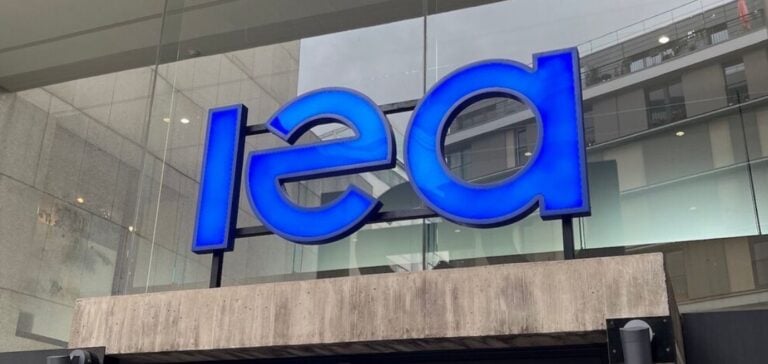The International Energy Agency (IEA) forecasts that global upstream investment in oil and gas will rise by 7% to $570 billion in 2024, following a 9% increase in 2023. Although these investments remain 30% below the 2015 peak thanks to cost efficiency improvements, they remain considerably high compared to the levels needed to achieve the 2030 climate targets. At the same time, global spending on clean energy, such as renewables and energy efficiency, has almost doubled that on fossil fuels. However, the IEA points out that this year’s oil and gas investments are in line with projected oil demand levels for 2030 under the IEA’s Stated Policies Scenario (STEPS). This scenario forecasts a stabilization or reduction in demand for coal, oil and natural gas before 2030.
Consumption scenarios and investment requirements
According to the IEA’s central Announced Pledges Scenario (APS), upstream spending is set to be around 35% higher than necessary to meet national climate targets by 2030. What’s more, global upstream investments are more than double the levels required to limit oil consumption in line with the objectives of the Paris Agreement. The IEA reiterates that no further investment in long-term oil and gas projects is needed to meet global demand over the coming decades. The trajectory of oil and gas consumption is limited by the rapid growth of renewable energies, energy efficiency and otherclean energy sources.
Total energy expenditure and future uncertainties
Global energy investment is set to exceed $3,000 billion in 2024 for the first time, of which $2,000 billion will be devoted to clean technologies. These technologies include renewables, electric vehicles, nuclear power, power grids, storage, low-emission fuels, efficiency improvements and heat pumps. The IEA forecasts that demand for gas, oil and coal will peak by 2030. In its APS scenario, global oil demand is expected to reach around 97.5 million barrels per day in 2030. By contrast, S&P Global forecasts peak demand for oil and biofuels at around 111 million barrels per day in 2031, while OPEC (Organization of the Petroleum Exporting Countries) predicts demand of 110.2 million barrels per day in 2028.
The refining sector and the impact of uncertainty
The IEA forecasts that investment in oil refineries will fall by 5% in 2024, following a similar trend seen in 2023 with investment just below $37 billion. Around 800,000 barrels per day of new refining capacity are expected to come on stream in 2024, mainly in China, India and the Middle East due to competitive operating costs and growing demand. Faced with a growing gap between long-term climate change targets and measured global emissions, many refiners are opting to rationalize capacity or switch to low-carbon processes. Uncertainties surrounding future demand growth present significant challenges for new investment in the refining sector. Oil and gas companies’ investments in clean energy reached $30 billion in 2023, representing just 4% of the industry’s overall capital expenditure that year. Meanwhile, investment in coal continues to grow, with over 50 gigawatts of unmitigated coal-fired capacity approved in 2023, the highest figure since 2015. Spending on clean energy by oil and gas companies in 2023 is up 30% on 2022, but remains well below the 65% increase seen between 2021 and 2022, partly reflecting inflation and supply chain issues for some renewable projects.
Analysis of the sector’s investments and outlook shows a tension between climate ambitions and the reality of fossil fuel investments, necessitating a continual reassessment of strategies and priorities to achieve a sustainable energy future.






















